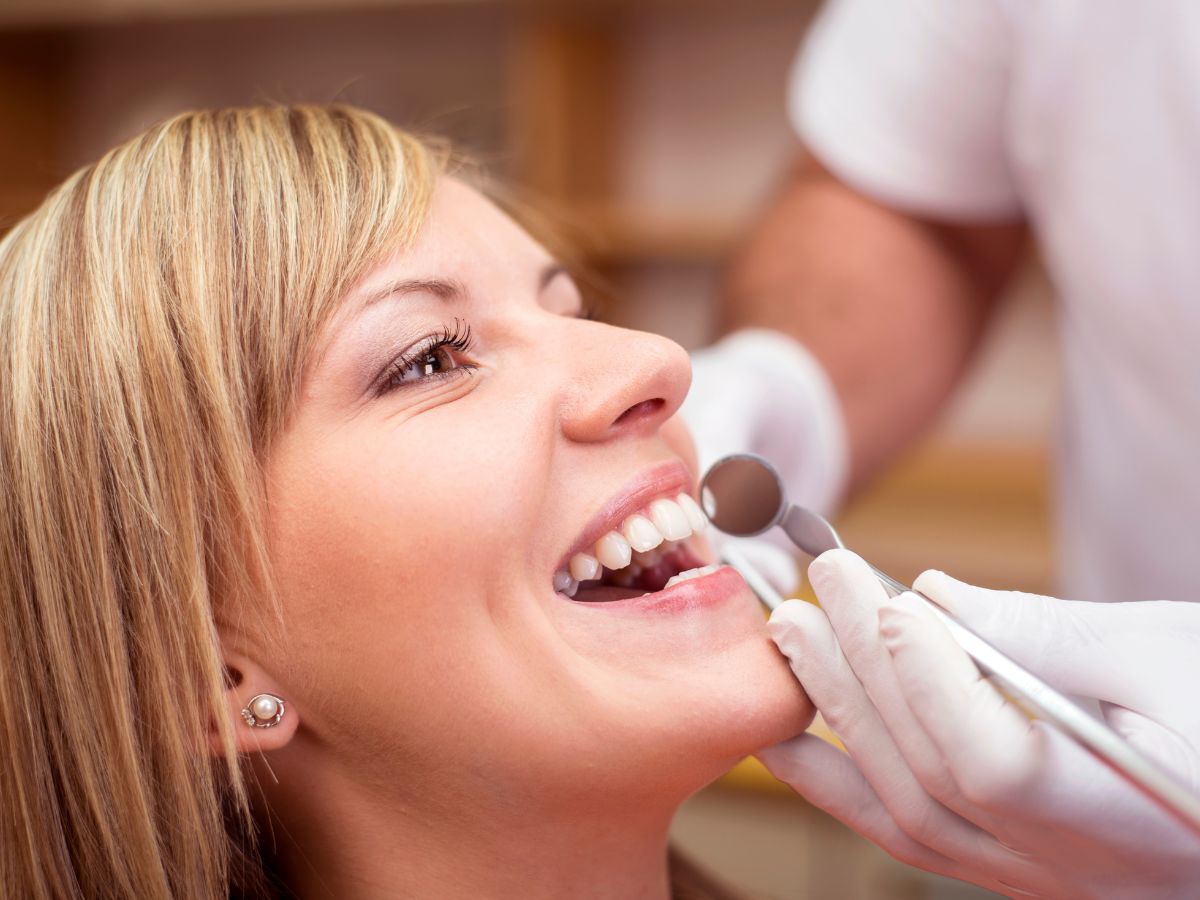Do you wake up with headaches regularly? Do you have jaw pain or earaches during the day or night? Do you feel that you never really get a good night’s sleep?
If any of these challenging symptoms sound familiar, you may be clenching or grinding your teeth! (otherwise known as bruxism) – and a night guard may help you catch allllll the zzz’s!
Here’s everything you need to know about night guards with braces:
What is bruxism?
Bruxism is a common condition characterized by excessive clenching and/or grinding of the teeth. Grinding or clenching may occur during the day or night, and can affect people who are in orthodontic treatment as well as people who aren’t in treatment.
For people with braces, bruxism can add another layer of complexity. Clenching and grinding your teeth with braces can lead to damaged brackets or wires, tender spots in the face and jaw muscles, and chronic headaches.
If you notice any of the following signs or symptoms of bruxism, reach out to us!
- Poor sleep quality or disrupted sleep
- Waking up groggy or tired
- Waking up with a headache
- Periodic headaches throughout the day
- Teeth wearing down
- TMJ (clicking or popping of the jaws)
- Facial pain, jaw pain or sore jaw muscles
- Pain when eating or chewing
Wearing a Night Guard for Braces
Orthodontic treatment with braces or Invisalign® and one of our highly-experienced orthodontists, Dr. Insoft or Dr. Hurst, can treat the source of bruxism and reduce or eliminate symptoms!
In the meantime, toward the beginning of your orthodontic journey, a night guard is an effective mouthguard for braces during sleep. A night guard can provide a layer of protection between your upper teeth and lower teeth, and between your braces, lips and cheeks.
With a night guard for braces, you’ll bite down on the night guard material (made to withstand your bite force and displace pressure) instead of grinding or applying pressure directly on your teeth.
Night guards also protect your cheeks and lips from your brackets as you lie on your side, pressing your cheek into your pillow.
After the first week or so of orthodontic treatment, your mouth will get used to your braces, and your bruxism tendency and/or mouth tenderness will likely resolve on its own. A night guard can provide an easy, comfortable solution in the meantime!
How do I choose the best night guard for braces?
It’s best to choose an orthodontic night guard or mouth guard when undergoing orthodontic treatment, because your teeth are actively moving into new positions.
A boil-and-bite mouth guard that requires you to bite into the material to shape it to your smile can damage your braces and prevent your teeth from moving into their new position.
If you need a night guard for braces or you think you may have bruxism, we encourage you to reach out to us! We can provide you with a night guard or mouth guard that gives you relief – without affecting your smile progress.
Our team is here to guide you through treatment, and we’re more than happy to suggest solutions that empower you to bring your smile to life through a comfortable treatment process.
Ready to begin a life-changing journey? Request your complimentary consultation with us in St. Petersburg or Seminole today.





